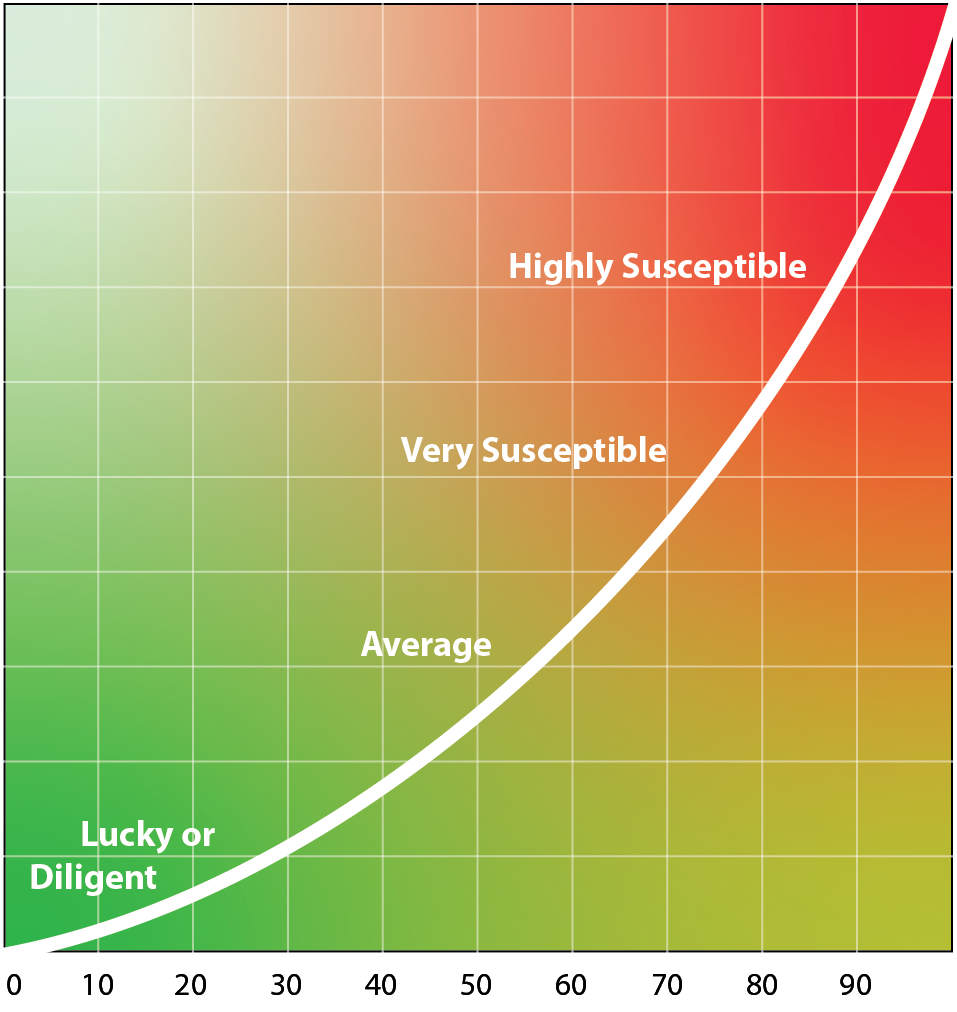Dr Roberts was a guest on “Science for the Public” with Yvonne Stapp. Here is the full interview, as well as a summary of what they discussed.
Main Topics Discussed:
The discussion provides an understanding of metabolism, obesity, and diet. It emphasizes the importance of maintaining a healthy BMI, making healthy dietary choices, and the role of metabolism in our overall health. Dr Roberts’ advice and knowledge can be beneficial for anyone looking to improve their health and lifestyle, whether they wish to lose weight or not.
- Metabolism: Metabolism was described as the idling of a car, the minimum energy required for life. It includes the energy needed for breathing, heart pumping, hormones moving around the body, and nutrients going in and out of cells.
- Body Mass Index (BMI): BMI was discussed as an easy public health indicator of body weight. It’s not perfect, but if someone has a BMI over 30, they’re categorized as having the disease obesity.
- Impact of Gender and Age on Metabolism: Weight is a strong determinant of metabolism. Men, on average, tend to be heavier, so they tend to have a higher metabolism. As people get older, their metabolism decreases due to the shrinking of metabolically active tissues like muscles and brains.
- Obesity: They discussed the increasing prevalence of obesity, especially among children. They attributed this to multiple factors, with the food environment being a significant issue.
- Health Risks Associated with Obesity: The longer a person has obesity, the greater their risk of health problems like diabetes, arthritis, and heart disease.
- Diet and Obesity: They discussed the role of diet in obesity, emphasizing the importance of fiber, protein, and avoiding foods that get digested very rapidly.
- Weight Loss and Regain: The discussion also touched on the problem of people losing weight and then gaining it back. They suggested that this could be due to people reverting to their old eating habits or because their bodies need fewer calories after weight loss.
- Importance of BMI: Keeping BMI within a healthy range (20-25) can help prevent health problems associated with obesity.
- Dietary Choices: Choosing healthier options over unhealthy processed foods can significantly impact metabolic systems and overall health.
- Fiber and Protein: Consuming a diet rich in fiber and protein can help manage weight and prevent obesity.
- Weight Loss: Losing weight can significantly reduce the risk of health problems associated with obesity. For example, losing 10% of body weight within six years of a diabetes diagnosis can completely reverse the condition.
- Changing Eating Habits: Retraining the brain to like healthy foods and changing eating habits is crucial for maintaining weight loss.
Key Quotes:
- “Metabolism it’s a really simple complex. It’s like the idling of a car. You need a certain amount of energy to keep breathing for your heart to keep pumping for hormones to zip around the body for nutrients and things to go in and out of cells. It’s just the minimum energy that we require for life.”
- “If you have a BMI over 30 you’re categorized as having the disease obesity and it’s not your fault. I absolutely blame the environment and everything going on in there but it does mean that you’re much more likely to have health problems than someone who keeps their BMI between let’s say 20 and 25.”
- “The prevalence of obesity is increasing of course and scientists will give you different answers. My personal feeling is that it’s multifactorial. The food environment is a huge issue.”
- “Processed food is not all bad. It’s just that we’ve got to be careful about which processed foods we’re eating.”
- “The longer you have obesity, the greater your risk of health problems. So, if you can lose weight, you can significantly reduce your risk of health problems.”
- “If you lose 10% of your body weight within six years of a diabetes diagnosis, you could completely reverse the condition.”
- “The problem is that people lose weight and then they gain it back. And part of that is because they go back to their old eating habits. But part of it is also because their bodies need fewer calories after they’ve lost weight.”
- “We need to retrain our brains to like healthy foods. And we need to change our eating habits. And that’s really hard to do. But it’s not impossible.”


 Yes! I want to receive a 38-page cookbook, and be informed of upcoming classes. No obligation, instant download.
Yes! I want to receive a 38-page cookbook, and be informed of upcoming classes. No obligation, instant download. 